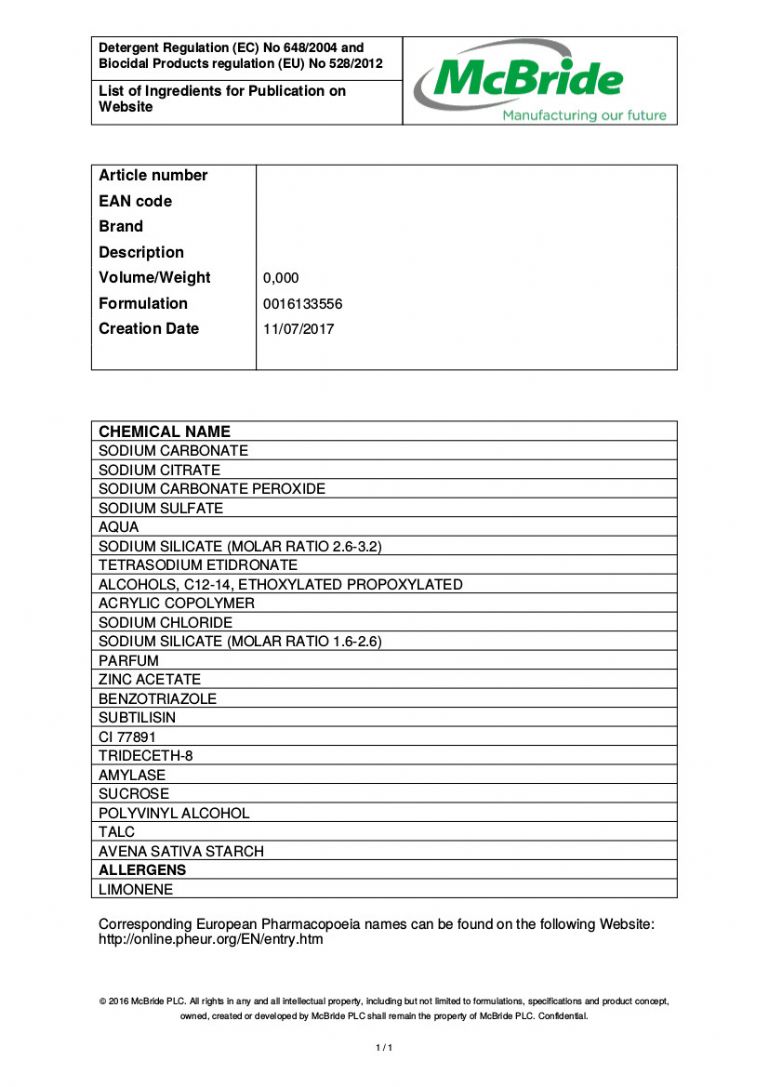We live in an uncertain world and it's all too tempting to seek security from an established brand-name or high-prices. This is based on the false assumption that these attributes guarantee quality, which they don't. It's equally untrue that unbranded cheap items must be crap.
Whilst there's a loose link between 'quality' and cost, and between 'quality' and brand-names the quality of the link is dubious. Is the original reason for accepting a brand-name still valid?
Brand-names rise and fall like empires. They might start by representing the best on the market and reappear decades later as a label on cheap tat. Or it might start as cheap tat and rise to become top of the range. Brand-names are bought and sold; they don't necessarily represent the original owner, or country, or even product. I own a Polaroid CD-Player. Marconi (British) only survives as a brand-name belonging to Ericsson (Swedish). Brand-names are unstable.
As technology improves, prices generally drop, especially when mass-production can be applied and there is a large market. Once upon a time making steel was difficult, high-skill and time consuming. In particular, the more work put in, the better would be the product; therefore the best steel was expensive. The process was considered magic and some locations mysteriously produced superior metal, while others failed. Brand-names and regions were trustworthy.
By the end of the 19th century, the chemistry and physics of steel were much better understood. The evil effects of Sulphur and Phosphorous in ore and coal; the effect of different concentrations of Carbon; the positive effects of Molybdenum, Manganese and Tungsten. How to measure how much of each was in the melt, and how to remove or add them. Then the efficient Bessemer process made quantity production of mild-steel dirt cheap.
Now, there is nothing special about most steel. Given suitable plant, it can be made anywhere. The big issue making structural steel isn't technology or skill, rather because big is efficient several square kilometres of cheap land near the raw materials are needed. As the materials are heavy and bulky, the plant will be far more economic if coal, iron-ore and limestone are all local. A serious problem is the plant also requires large quantities of fresh water. Because the output is itself heavy, the ideal steel works would be in a sea-port, and it doesn't matter where it is or who operates it provided it makes a profit.
Today, the link between brand-names and quality is mostly broken for almost all manufactured items. Most small cars are similar, however they are badged. There are exceptions: high-performance steels are made in small quantities by electrical processes, and these are still best bought from specialist makers.
Brand-name turbulence is most obvious with high technology: not long ago buying a mobile-phone from Nokia was a very safe bet. The firm failed to maintain momentum, and now there are superior alternatives.
I suggest it's never sensible to buy products simply because they have a recognised name and are reassuringly expensive. It's always worth checking. More important, I think, is buying from a source who will stand by the product in the event it's a dud. Worth trying cheaper alternatives; if Aldi dishwasher tablets do the job, why not? My mother-in-law worked in a factory making food items. The only difference between the expensive version sold by a 'quality' shop and the ordinary super-market brand was the packaging…
Dave
Edited By SillyOldDuffer on 30/03/2019 10:48:43
Robin Graham.





